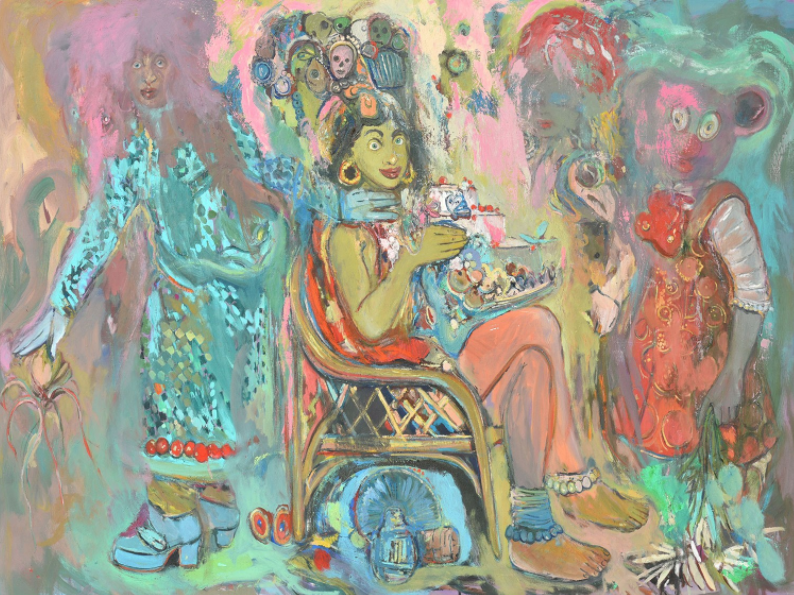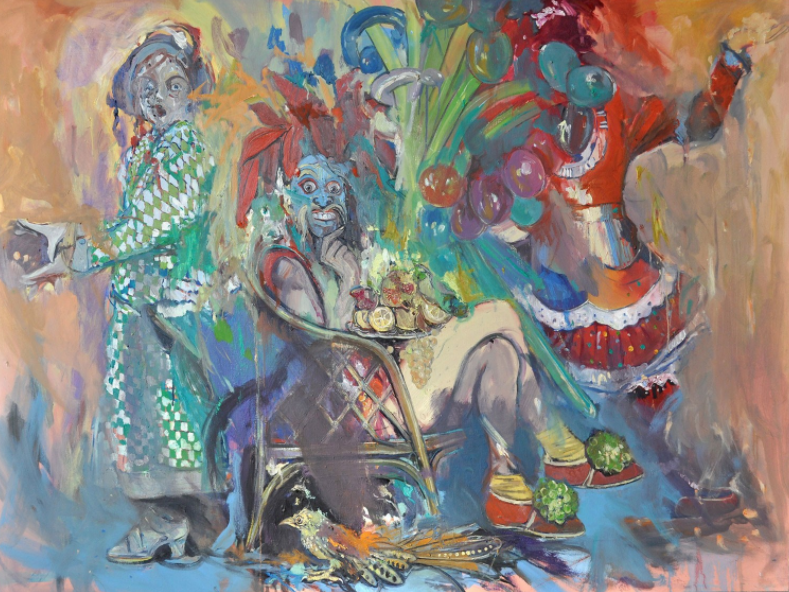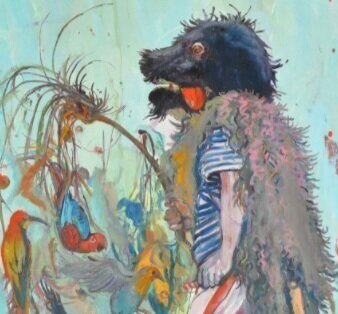Today we celebrate the birthday of Leon Surmelian, born in 1905 in Trabzon. His book, I Ask You Ladies and Gentlemen is his personal tale of deep sorrow and profound gratitude, of terrible loss and a lively embrace of life itself. It was a best-seller when first published in 1945, internationally acclaimed and translated into many languages.
The Armenian Institute, convinced of its relevance today, has brought out a new edition for a new generation. With added photographs, a map, glossary and historical context, Surmelian’s memoir of his own experiences of surviving genocide and migrating to find shelter is a story that resonates strongly today for many people --- including today in heartbreaking ways, in Nagorno-Karabakh.
Surmelian’s book is also a reminder of how we rebuild, how we connect with the people and the new countries where we settle but remain deeply attached to our history and to our ancestral territory. This book is both unsettling and a solace, sad and humorous --- a book for all ages and all times. I Ask You, Ladies and Gentlemen is a witness to the sad news that little has changed, neither in the treatment of former neighbours as non-humans nor in the desperate courage and instinctive intelligence shown by the survivors searching for a new life. I Ask You, Ladies and Gentlemen is a book for today and a testimony to the humanity of survivors and the righteous who help them along the way.
































































































